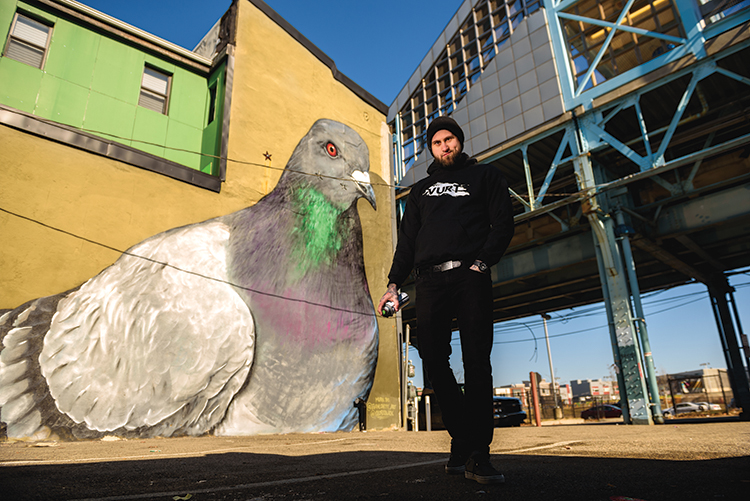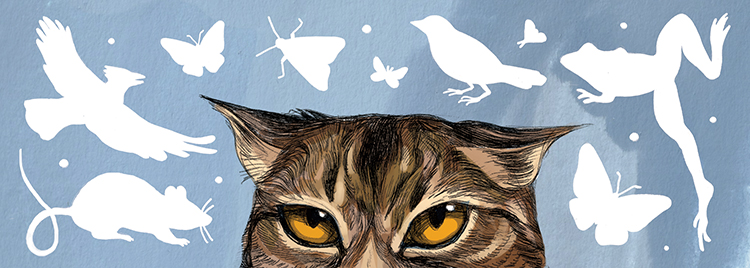Revival
By Heather Shayne Blakeslee
Blind faith in markets and technology. Contempt for the poor, loss of biodiversity, global inequality, animal testing, throwaway culture and the big bank bailout. Fracking, factory farms, GMOs and greenwashing. Cynical politicians and profiteering companies. Climate change. Modern slavery. Societal breakdown.
Pope Francis left no stone unturned in “On Care for Our Common Home,” his open letter to the world about the state of our environment and society. Even if you knew what was hiding in the muck, what comes skittering out can be shocking. Sometimes our fears are just as big and scary as we imagined.
But reading the Pope’s encyclical, despite its unflinching assessment, many in the environmental and social justice movements have felt validation, recognition, solidarity and hope. After many decades of work and—as he notes—too little progress, many advocates are tired, but he reminds us that we have made progress, and tells us, “all is not lost.” We can still decide on a different vision and work toward it together. He believes in humanity, even on those tough days that we don’t.
But Pope Francis hasn’t just picked up the rock, lightened our load and lifted our spirits. He’s thrown the rock through the window of our collective illusion that the same thinking that got us here will somehow lead us out. He told us where we are, named the road, and then gently explained that we need to choose a different path in order to achieve our vision of a healthy, thriving planet where all life is respected and valued.
One alternative route specifically called out in his encyclical is to take advantage of the time-tested model of cooperatively-owned businesses. We have been sold a particular brand of capitalism that doesn’t fit our purpose very well, if our purpose is to thrive into the future. It’s a brand that says that companies must be run by the few, for the monetary profit of a few, at the expense of our common home and of our common values.
It’s not the only model on the market. It’s invigorating that someone with such vast and deep power to influence is willing to point out the flaws of our current system—to say aloud that the Emperor has no clothes—and to place himself on other side of the barricades. It’s rare that someone in so much power will criticize an equally powerful system—in this case, capitalism. But Pope Francis is clearly more at home at an anarchist bookstore than a well-appointed suite at a corporate retreat. That’s not just refreshing, it’s radical.
Another related path that Pope Francis illuminates is one in we which we no longer look at everything and everyone around us as a resource to be exploited for our immediate gain. He referred to “the disposable” of society, and reminded us that we are still throwing away our fellow human beings. He implores that we see each person’s dignity, humanity and talents. Luckily, there are already people around us who are empowering others. Their work creates an exponential mass of talent and creative resources that will help create a more just and civil society. That’s great cause for celebration.
Finally, in reading the encyclical, one feels the sense of possibility that the sustainability movement, as it did for most of our country’s history, will again have many more millions of allies in the religious followers who will heed its teachings, a cavalry that will help us carry on. Pope Francis addressed his letter to each person on the planet—Catholics, non-Catholics, believers and nonbelievers. The gift of his words is that he reminds us of our individual potential, and he believes that if we work together, we may live in a world that looks less like a hell on earth, and a lot more like Eden.













